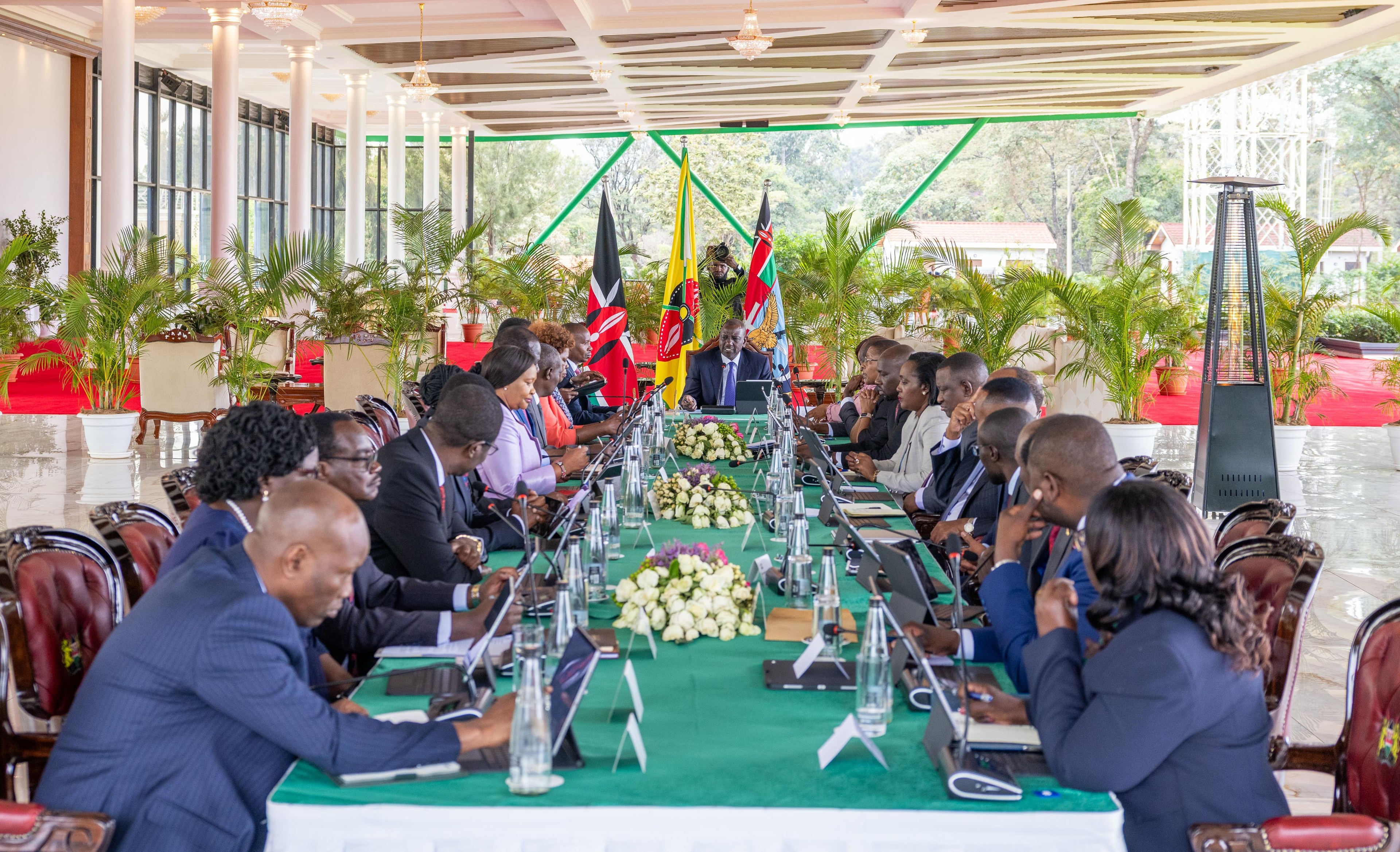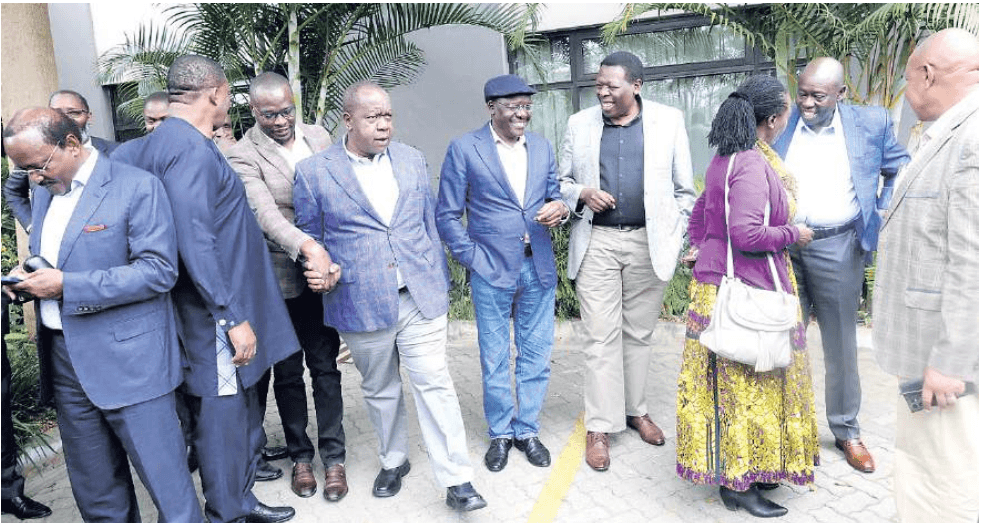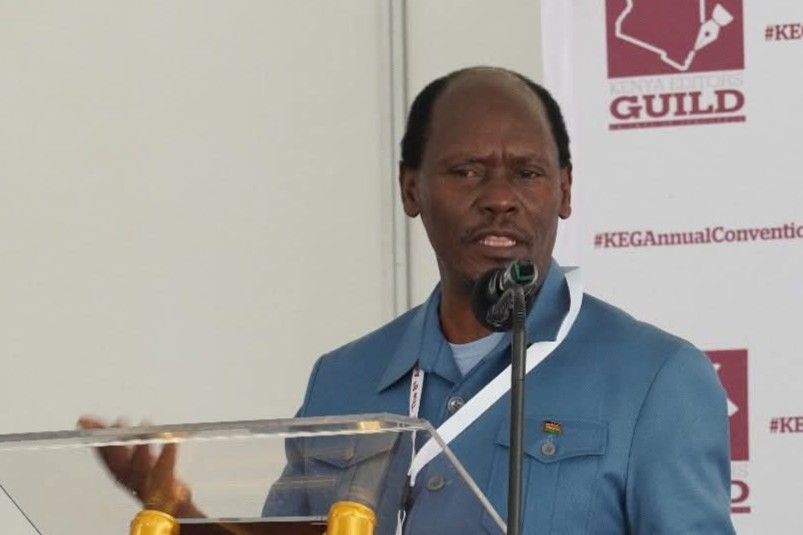Independent Electoral and Boundaries Commission chairperson, Wafula Chebukati has highlighted major achievements at the commission during his tenure.
Speaking in his last official function on Monday, Chebukati said he has no regrets as he bows out.
“I exit contented that we gave it our best to this commission. We chartered and weathered storms that threatened the existence of the commission,” he stated.
Chebukati mentioned voter register audit and deployment of a public election portal as some of the key achievements during his six-year tenure at the commission.
During his address at the launch of the 2022 Post-Election Evaluation Report on Monday, Chebukati said the progress made addressed the systemic challenges that made the general election a success.
“Among the key things we did was voter registration, we had an additional 2,743,498 new registered voters and expanded the diaspora voting to additional countries to make a total number of 12,” he said.
Chebukati said the commission was able to increase its operations from 17 regions to 47 county election manager offices complete with key staff ready to undertake elections at any given time.
“The county election managers and senior election officers at the constituencies are permanent staff who are gazetted as county and constituency returning officers respectively,” he said.
The IEBC boss highlighted that the commission was able to draft and submit four bills proposing amendments to various electoral laws.
These bills included; The Referendum Bill 2020, The IEBC Amendment Bill 2020, The Election Campaign Financing (Amendment bill) and The Election Laws (Amendment) Bill 2021.
However, these draft bills were not enacted into legislation and this compelled the Commission to gazette administrative guidelines to address gaps in the law for instance the election results path.
“With both Speaker being present at this occasion, I urge you to look into these bills as it is advised any law related to elections is passed at least two years before elections,” Chebukati said.
The commission also oversaw the enrolment of 2. 7 million new registered voters and increased registration centres in the diaspora.
The added countries included are the United States of America, United Kingdom, Canada, United Arab Emirates, Qatar, Germany and South Sudan Tanzania, Uganda, Rwanda, Burundi and South Africa.
“The commission, after subjecting the register to verification of biometric data, audit and cleaning up of the register, produced a Register of 22,120,458 voters with 46,229 polling stations,” Chebukati said.
It was also announced that the outgoing commission managed to reduce the cost of the election as compared with the 2017 polls.
Chebukati said it was achieved by the decision to reuse KIEMS kits purchased in 2017 and procuring only 14,000 new devices to replace the faulty ones.
"Early procurement of ballot papers through a framework contract that saw the cost of one ballot paper reduce from Sh150 to Sh 25," he said.
He said procurement of ballot papers equal to the number of registered voters for electoral areas where the election was contested.
The commission also developed 17 election manuals that were used in training IEBC staff and other stakeholders like the Judiciary, political parties and the media.
“This training gave stakeholders a clear understanding of the election process to engage in their various areas related to the election,” Chebukati said.
After six years of service, Chebukati and commissioners Boya Molu and Abdi Guliye will leave the commission as their term ends on January 17.






![[PHOTOS] Ruto present as NIS boss Noordin Haji's son weds](/_next/image?url=https%3A%2F%2Fcdn.radioafrica.digital%2Fimage%2F2025%2F11%2Ff8833a6a-7b6b-4e15-b378-8624f16917f0.jpg&w=3840&q=100)










